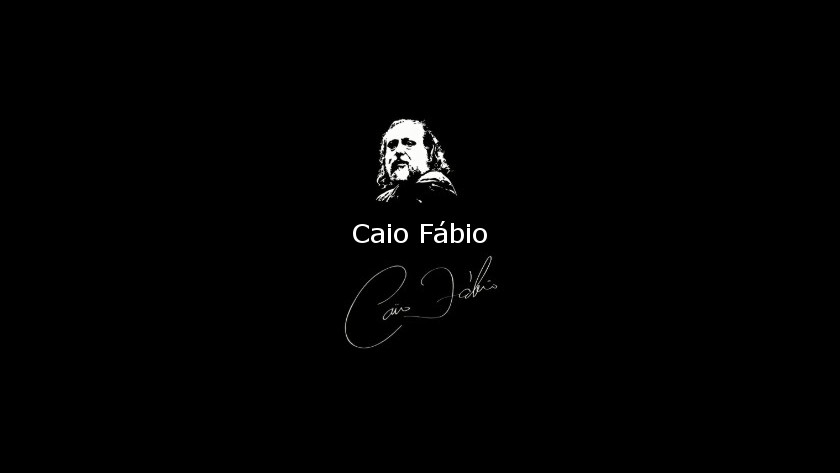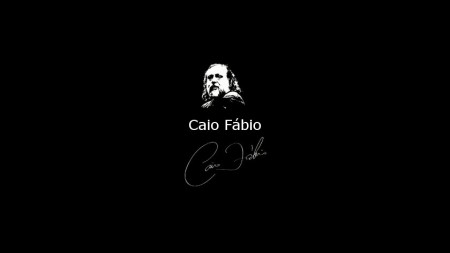
PAUL’S UNCONFESSED SECRET
PAUL’S UNCONFESSED SECRET
A thorn in the flesh and flesh in the Thorn! What a predicament! Or not?
Paul said he had great visions and spiritual revelations — he was caught up to Paradise and heard what no one hears nor can tell. This, he said, was the reason why God sent a messenger of Satan to torment him so the apostle would not become conceited because of the surpassingly great revelations made to him.
He asked God three times to be rid of that “thorn in the flesh”. The Lord, however, did not remove it; He only told Paul, “My grace is sufficient for you, for my power is made perfect in weakness”.
What was that thorn, after all?
Many have already considered the subject. Paul’s thorn has been thought of as his chronic conjunctivitis, or the Judaizers’ persecution, or the need to work in order to support his ministry, or his troublesome, restless way of life, or his being rejected by the Church in Jerusalem, or a lot of other things…
In the USA, in the early 70’s, and later in Brazil, in the 80’s, Paul’s thorn received a different “diagnosis”.
I read and heard people trying to convince the public of the opposite. At the peak of the Prosperity Theology, when its leaders announced an era where the “rhema faith” would heal everything, and if you were not healed it was because you did not believe, Paul’s thorn stopped being linked to any kinds of diseases or any physical or financial difficulties.
Now Paul could no longer get sick, and he was only in want by choice. He liked it! He had become Friedrich Nietzsche’s superman. Even Nietzsche himself would not believe that Paul had become the Christians’ superman, more powerful than Zarathustra’s superman.
The fact was that Paul was not allowed to get sick anymore. That would be lack of faith. After all, how would he be able to heal if he were sick?
In a world where power belongs to humans, only the totally healthy can pass health on. After all, the gift is not given by grace, but a virtue developed by the superman.
Therefore, the thorn in Paul’s flesh stopped being whatever had been previously related to him and became anything but a physical disease — let alone a psychological or emotional one! —, but it was never precisely identified. It was only known that Paul had “a thorn in the flesh”, but probably it was not that important, since God did not want to take it out…
Even the apostle’s statement that the thorn had a therapeutic end was no longer taken into consideration.
“Would Paul become conceited? No way!” — shouted those holier than Paul.
In this way they kept on removing Paul’s thorn for a single reason: Grace is not sufficient for us, and power is not made perfect in weakness!
Such “grace” is only sufficient as icing for the cake made of our own virtues!
This “grace of ours” does not bring about humbleness and dependence on the Lord, but conceitedness and autonomy from God.
This “power” is only made perfect as statuses credited to the success from the obstinate virtues of the “faith” that gets it all because it “determines” so.
Such “power” creates evil individuals, and such “faith” may even give people the position they want, but it does not place them where God wants them to be.
In order to understand what happened to Paul, we do not need to look into what was “wrong” with him on the outside. Instead, we have to know what happened to him on the inside.
And in order that we know what it was all about, we should just look at and into ourselves. Much of the time we spend looking for historical information about Paul’s “historical thorn” robs us of the time we need for our own journey to the inside, where the phenomenon is repeated, even if it is, outwardly, different from Paul’s.
Let’s look at three principles that we need to understood in order to discern what the apostle is talking about.
1. The polarity principle
Every human virtue — if we can refer to it as what is not innate, but God-given — corresponds to an opposite un-virtuous pole.
In this way, it is the increase of sin that makes grace increase all the more. That is, it is because the licentious woman had given herself over to many false lovers — experiencing her own love need — that she was eventually praised by Jesus, who said that “she loved much”.
So much love!
But what was inside her? The fruit of that very same virtue had once looked like lightness, promiscuity and brazenness — in the sight of spectators like the Pharisee, the owner of that home.
Therefore, whenever you see great virtues, be certain that the exact opposite pole exists in the same person.
That is why great “revelations” are always followed by “messengers of Satan” in order to balance the good within us.
We do not even have enough balance to experience the absolute good.
Nothing absolute can be given to a fallen being.
It corrupts him.
It makes him vicious.
It leads him to fall from grace.
The only absolute that is not corrupted in a fallen world is the Absolute of God’s love.
After all, this is the fallen world. And in it, quite often we are catapulted from the abyss to the highest heavens through grace!
2. The principle of the corruptibility of any weakness-free power
In a fallen world, every power corrupts — let alone unlimited power! Not only the political, economical, intellectual and cultural powers corrupt and become tools for control and rule, but so do the very virtues of the ethic power, moral, holiness and even wisdom — let alone revelation!
That is why, in the Bible, all people who manifested the power of God had to live in weakness.
Without weakness, the power of God creates a devil in the being. It turns the “Guardian Cherubim” into the “Accuser of our Brothers”.
For the good of our own soul, we have to know without being able to carry out all that we have known; discern without being able to reach all that we have discerned; achieve without being able to say that we got there by ourselves.
In a fallen world, this is how it has to be!
3. The principle of the grace that only operates as productive grace in weakness
If grace is not manifested in weakness, it is no grace and there is no grace. Instead, in this case the human virtue and the glory belong to the one who thinks he did it on his own.
In order that grace increases in us, there can never be any doubt about at least two things: First, “this is not from ourselves”; second, “it is not from ourselves so that no one can boast”.
Someone may ask, “Why?”
“Well”, I answer, “because I am as I am and you are as you are!”
Could you imagine yourself as an almighty being and, even so, essentially good?
As soon as a few little achievements start to rise on the most banal horizon — whether they are promotions or revelations —, the person begins to instantly change.
Things get to the point where the person refers to himself as a “third person”, an entity apart of himself — like if I only talked about my likings saying, “Pastor Caio likes this and that” —, and this “third person” starts being treated as the saint of his own “saint”.
That is when I am the saint of myself!
So, power in human hands needs to be exerted along with a thorn in the flesh.
And grace in human life needs to be experienced in weakness.
Otherwise, the self will turn into a devil.
In this way, we learn that we are better off receiving revelations that are accompanied by a messenger of Satan that torments us than only having the possibility of human power and human wisdom without any thorn in the flesh.
And even worse: without having the delight of hearing Jesus say, “My grace is sufficient for you, for my power is made perfect in weakness.”
You do not have to find the thorn; it finds you!
You do not have to look for weakness; it exists inside of you!
You do not even have to talk about the subject; it has its own voice!
The key, here, is to accept the fact and never stop seeking to know all the floors of the heaven of heavens, knowing that what lifts you up so high is not your own virtue, but the grace that used your weakness to reveal so much to whom already knows he/she has nothing to boast about in the first place.
Knowing what Paul’s thorn was does not really matter. What matters is to know that it just had to be there.
Caio
(Written on AUG/6/03)
______________________
From the original: “O SEGREDO NÃO CONFESSADO DE PAULO”
Translation: F. R. Castelo Branco | December 2007

